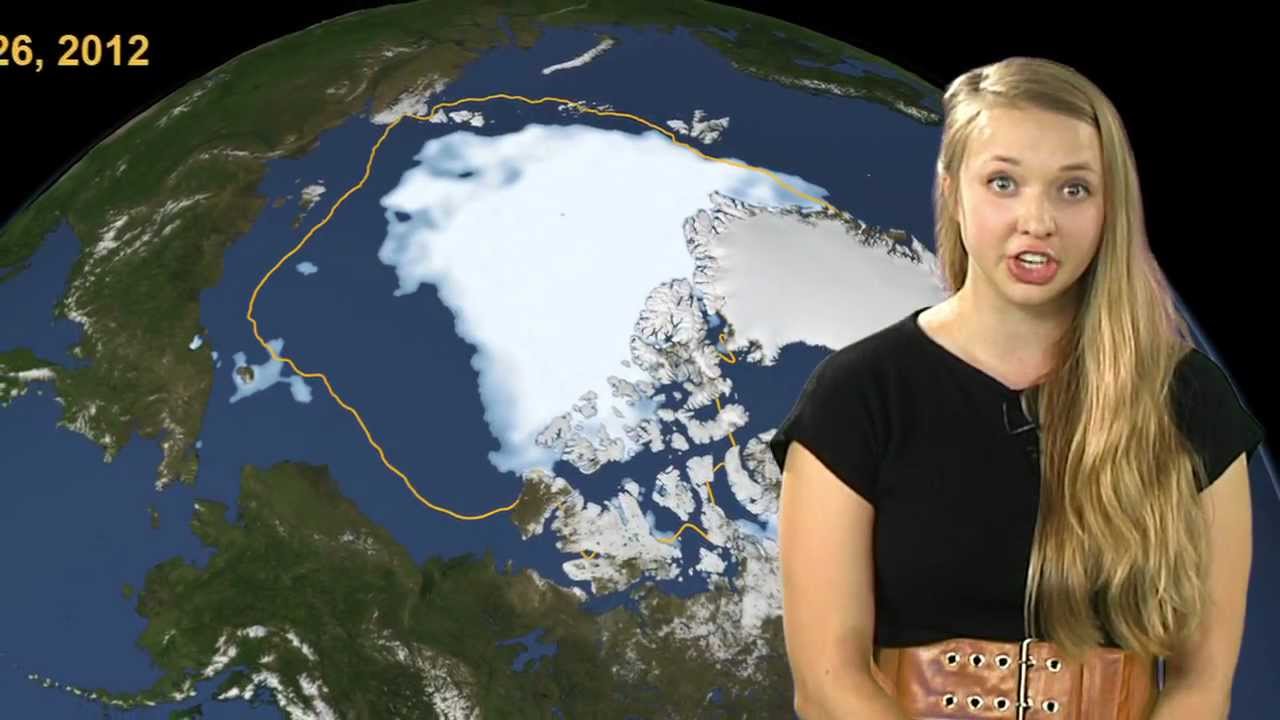
17 Sep Talking About Climate Change: P.R. Pointers
Want to be able to communicate the urgency of climate change and actually get people to listen and take action? It's not that hard, with a few simple P.R. pointers.
WHAT DOESN'T WORK
A deluge of facts and figures. You'd think that facts would be the most effective way to convince people, but that isn't the case. If we present people with information that goes against their deeply held beliefs, they just dig in their heels and become more entrenched in their position. Studies have shown this is a phenomenon of the human mind: It tends to filter out information that doesn't go with what it already "knows."
Horrifying reports. Large-scale horror just overwhelms and paralyzes people. And, since most of us can't observe (for example) the melting of the polar ice caps, there's a tendency for people to stay a bit in denial because the reality is just so terrifying.
Finger-pointing. Claiming this or that industry is at fault; that political party is the one to blame; that candidate is the bad guy. Finger-pointing is a great feel-good device for preaching to the choir, but it doesn't accomplish any progress. The fact is that we are all at fault to a degree. Time to drop the blame and move forward.
WHAT DOES WORK
A simple message. The article and report quoted below offer simple, effective rhetoric that will reach just about anyone.
Tapping into deeply held values and beliefs. Americans have certain deep-seated values that are actually easy to align with climate-change action. See below.
Citing events and phenomena that people can directly observe. The weird weather is our friend.
Want to be able to go forth and talk persuasively with pretty much anyone about the urgency of climate change? Take a few minutes to do the following, and you're good to go:
1) Read this excellent article by David Roberts at grist.org: A Simple, Useful Guide to Communicating About Climate Change.
2) Skim (and then later give it a full reading) this 24-page booklet (PDF): Guide for Engaging & Winning on Climate. Quoted in Roberts' article, it's published by Breakthrough Strategies & Solutions, with help from climate leaders and thinkers. Breakthrough Strategies & Solutions is a consultancy serving philanthropic and nonprofit clients.
CLIFF NOTES
Here's a supercondensed version. The aforementioned PDF guide booklet offers a simple triangular graphic with three sets of talking points that will reach pretty much anyone:
"Responsibility. We can't ignore the growing reality of destructive weather – we owe it to our kids to protect them, and that means addressing climate change before it becomes irreversible.
"Accountability. It's time to break Big Oil's stranglehold on Washington. We can build a secure, affordable energy future and address climate disruption if we put people, not fossil fuel companies, back in charge of our democracy.
"Patriotic Pride. No one should doubt America's ingenuity and resolve. Those who say nothing can be done about climate change forget who we are and what we can do."
In the Grist article, Roberts offers the following commentary on the three-part message:
"Appeals to responsibility include discussions of climate science and the threat of tipping points, but the most potent item here is extreme weather. The public sees the crazy weather and is already connecting it to climate — "climate disruption," as the guide recommends in this context. Such expensive and dangerous weather will only get worse and it will hurt our kids and grandkids. (Appeals to the interests of children and grandchildren are, mawkish though some may find them, extraordinarily powerful.)
"Appeals to accountability include critiques of corporate excess and political influence, which are quite powerful these days. Big Coal and Big Oil are using lies and money to prevent progress; that's something people instinctively understand, even if they know little about climate science.
"Appeals to patriotic pride include all the many stories about green innovation, entrepreneurialism, and international competitiveness. It's about a common purpose, a common aspiration, which Americans thirst for at this dispiriting point in our history. And it's about pride in our inventors and workers — nobody is more capable of building a better world."
WHAT ELSE?
And finally, I've said it before and I'll say it again: If we want to make climate change the everyday topic of conversation and action that it needs to be, we shouldn't hesitate to harness the power of humor. The "Rogue Weather Girl" video on YouTube has got over 500,000 views so far. YouTube: Weather Girl Goes Rogue



No Comments